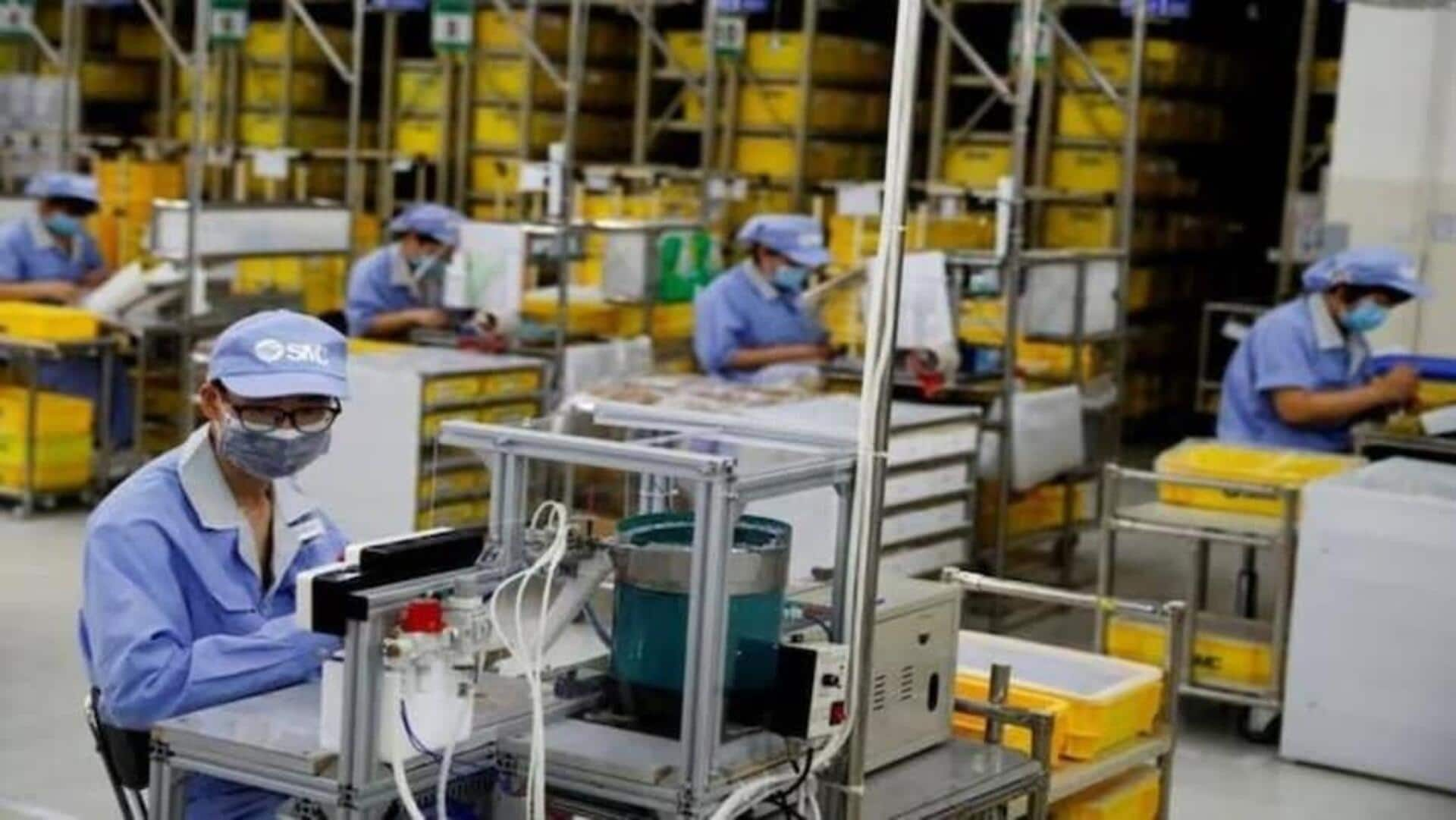**This is How Indian MSMEs Can Lower Their Carbon Emissions**
*By Dwaipayan Roy | Sep 21, 2025, 02:58 PM*
Experts have emphasized that government support and corporate social responsibility (CSR) funds can play a crucial role in financing initiatives for micro, small, and medium enterprises (MSMEs) to reduce carbon emissions. Key recommendations include transitioning to clean energy, adopting climate-informed building bylaws, and integrating active and passive cooling technologies to protect MSMEs from climate-related risks.
### Funding Requirements: Seed Funds and CSR Critical for Building Resilience
Giriraj Amarnath, Research Group Leader at the International Water Management Institute, highlighted the importance of government and private sector seed funds. Such financial support could empower industrial clusters to anticipate climate risks, develop preparedness plans, and take proactive action before climate shocks occur.
Amarnath also suggested leveraging CSR funds to implement resilience measures, particularly through data-driven early warning systems and IoT-based forecasting models. These tools would provide MSMEs with timely information to mitigate climate impacts effectively.
### Climate Challenges: Extreme Weather’s Impact on MSMEs
Raghav Dalmia of Prayagraj Dyeing and Printing Mills shared insights into the severe heat stress challenges faced by textile MSMEs in Surat. He described how machines operate at temperatures between 130 to 180 degrees Celsius, compounded by poor ventilation, intensifying the health and safety risks for workers. This example underscores the urgent need for comprehensive climate resilience strategies within industrial sectors.
### Productivity Measures: Cooling Breaks During Heatwaves
Vidhya Venugopal, Professor of Industrial Hygiene and Country Director at the National Institute of Health and Care Research, recommended that MSMEs introduce 5 to 10-minute cooling breaks every hour during heatwaves.
She further advised combining active and passive cooling technologies to enhance worker productivity while reducing heat stress. These approaches not only protect worker well-being but also help maintain operational efficiency during extreme weather events.
### Resilience Strategies: Cluster-Level Vulnerability Assessments Needed
Aditya Raghwa, Head of Governments and Policy South Asia at Climate Group, stressed the importance of conducting cluster-level vulnerability assessments. Such evaluations can guide MSMEs in integrating resilient infrastructure planning tailored to their specific risks.
Raghwa also emphasized the need to communicate climate resilience initiatives—like Heat Action Plans and flood drills—developed by large corporations to MSMEs. Sharing effective practices can enable smaller enterprises to better prepare for and manage climate-related challenges in their daily operations.
—
By combining government and private funding, adopting innovative cooling and energy solutions, and fostering collaboration across industrial clusters, Indian MSMEs can strengthen their resilience against climate risks while contributing to lower carbon emissions.
https://www.newsbytesapp.com/news/business/msmes-need-support-to-tackle-climate-risks-experts/story
